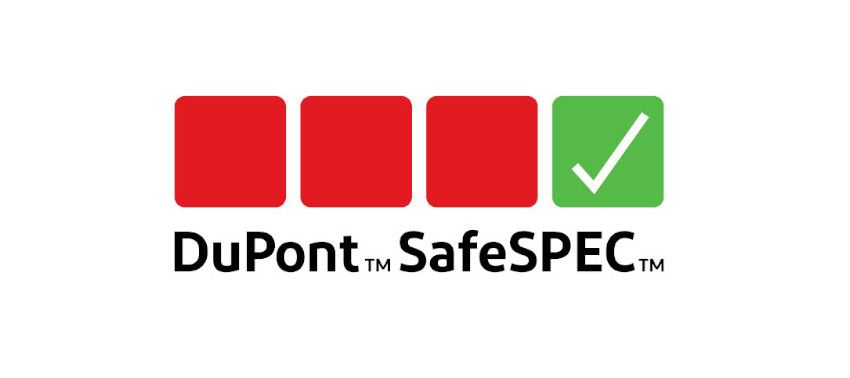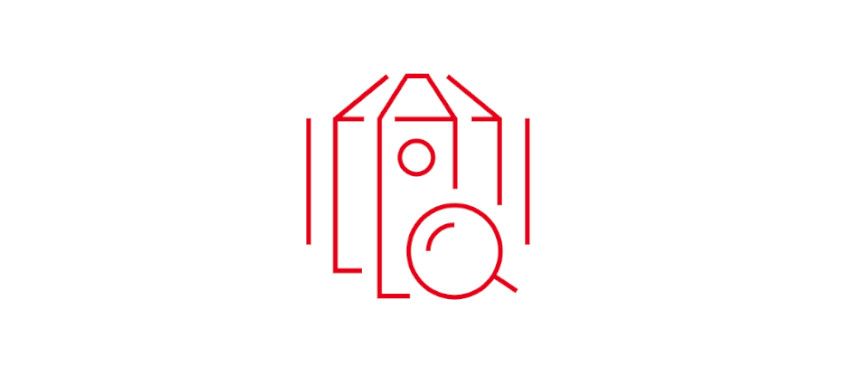From Clinical Trials to Maintenance: How PROCOS Uses PPE to Protect Its Workforce
Workers involved in the trialing and commercialization of new drugs routinely operate in environments where they may encounter hazardous materials. Pharmaceutical companies must follow stringent safety protocols to ensure workers are protected from exposure to harmful chemicals, including the use of protective garments where necessary.
PROCOS S.p.A. is a leading example. This Contract Development and Manufacturing Organization (CDMO) specializes in the development, scale-up, and production of Active Pharmaceutical Ingredients (APIs), advanced intermediates, and related services for the pharmaceutical industry. Located in Cameri, near Milan in Northern Italy, PROCOS operates a 155,000 m² cutting-edge multipurpose plant, fully designed to comply with cGMP standards, and offering 560 m³ of reactor capacity. The site is audited and approved by major regulatory authorities, including AIFA, FDA, and PMDA.
Enrico Zodio, CEO of PROCOS, explains: “We offer 360° support to customers, leveraging advanced technologies such as flow chemistry, Quality by Design (QbD), and automation to ensure successful API development and supply, from preclinical to commercial stages. Since our inception 80 years ago, we have maintained exacting standards in every aspect of our business, and we now service global pharma brands in the US, Europe, and Japan.”
Since joining Japanese-owned CBC Co., Ltd. Group in 2006, PROCOS has experienced significant investment and growth, with the workforce expanding from fewer than 200 employees to more than 500. This led to a greater need for enhanced personal protective equipment (PPE) to address new operational challenges associated with handling hazardous materials in pharmaceutical development.
Safety priorities
Safety is a core value for PROCOS and an integral part of daily operations. Their employees regularly handle hazardous substances that are corrosive, toxic, carcinogenic, mutagenic, reprotoxic, flammable, and environmentally hazardous. For each type of substance, their HSE team conducts a thorough risk assessment in accordance with Italian and European safety regulations.
Antonio Sogni, HSE Manager at PROCOS, says: “We must always protect the worker and the product from contamination. Our strategy prioritizes remote operation systems that minimize direct operator contact with hazardous substances, utilizing advanced technological control systems. When complete remote handling is not possible, we deploy the appropriate personal protective equipment.”
Risk assessments identified that workers in the High Potency API Synthesis Department (R- HP) and related laboratories required personal protection against dust exposure. This also applied to operators in the Finishing Department (RP) and those involved in loading and unloading powdered solid products across all production areas. In addition, maintenance workers required protection from the acidic and aggressive cleaning agents necessary to uphold strict levels of hygiene.
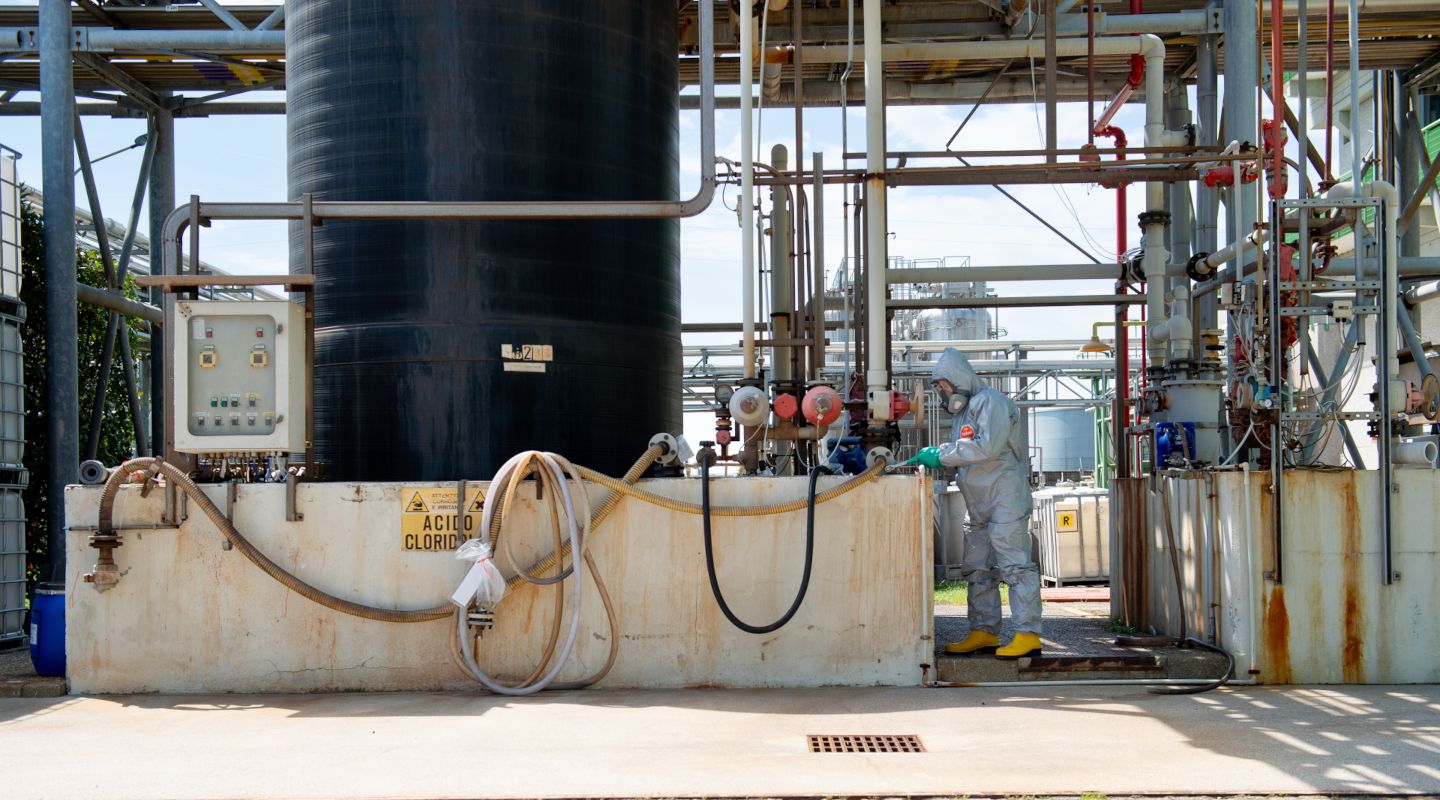
<b><h3><span style="font-weight: bold">Garment Selection</h3></span></b>
To identify the best protective garment solution, PROCOS conducted desk evaluations followed by sampling trials. The trials included employees with different jobs and different physical builds, to check aspects like ease of donning and doffing, overall comfort, and durability across a representative sample of the workforce. Feedback interviews were used to gather operators’ opinions and determine final garment selection.
Antonio Sogni says: “PPE priorities can differ depending on the task in hand, so it is important to obtain a range of views. For example, people working in the High Potency Active Pharmaceutical Ingredients (HPAPI) laboratories are involved in the development of oncology drugs and various chemical trials, which means they must wear protective garments all day. It is therefore essential that the garments are comfortable over extended periods. They must also be single use, to ensure a hygienic environment is maintained, and be robust enough to minimize any risk of contamination.”
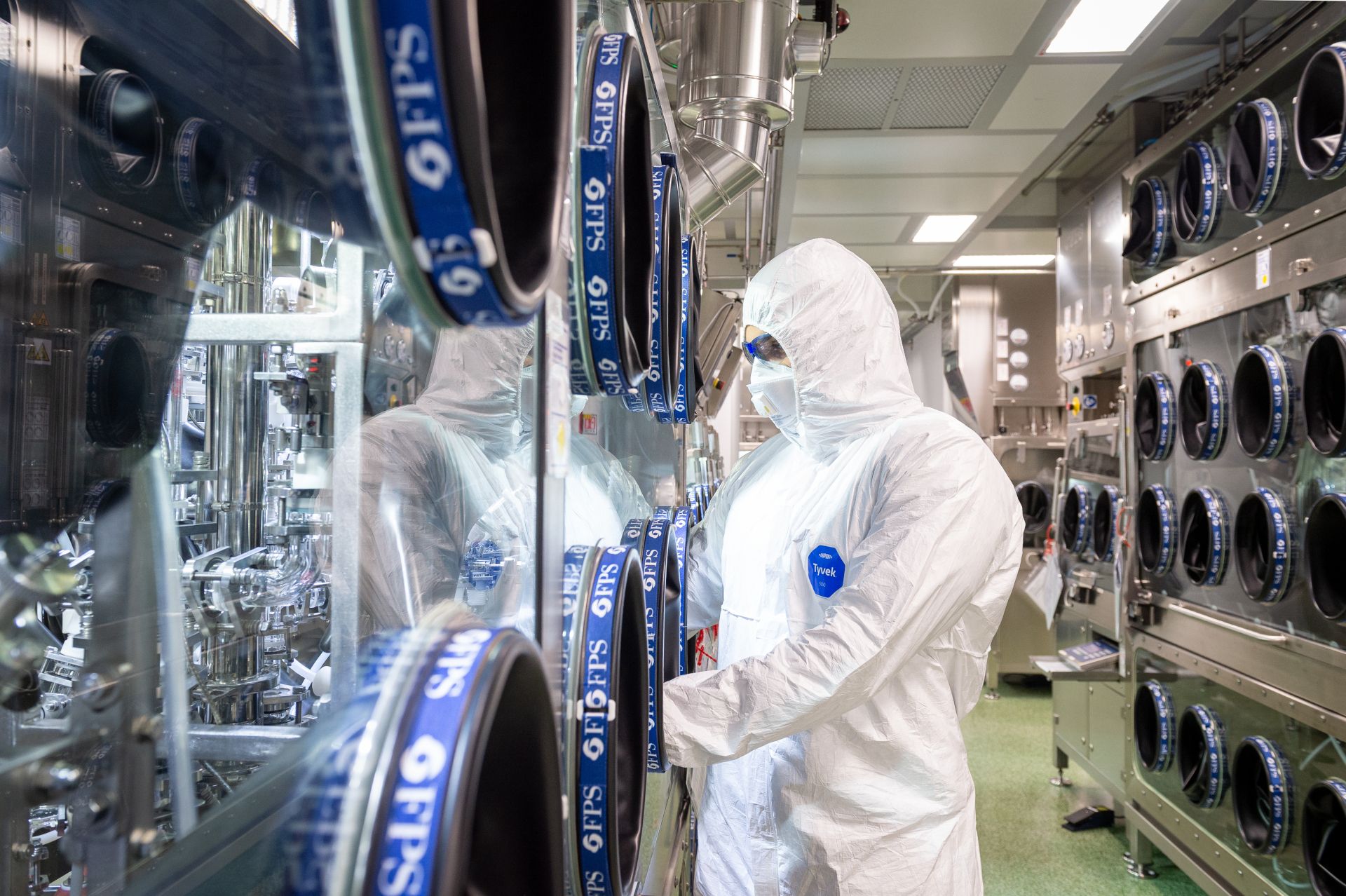
For skin protection against hazardous and airborne substances, PROCOS selected DuPont™ Tyvek® 500 Xpert coveralls. These robust yet lightweight garments are suitable for use in GMP class C/D (ISO Class 6-9) cleanrooms. They are made from Tyvek® fabric, which has low-linting properties that are well-suited for pharmaceutical cleanrooms. Lightweight and breathable, Tyvek® 500 Xpert coveralls feature an integrated hood with elastic around the face, wrists, and ankles for a snug and comfortable fit. Glued-in waist elastic and an ample crotch area enable freedom of movement, and a large, easy-to-grasp zipper puller makes donning and doffing easier. PROCOS employees wear Tyvek® 500 Xpert with a breathing mask for any application where charge and discharge of powders may cause a hazard.
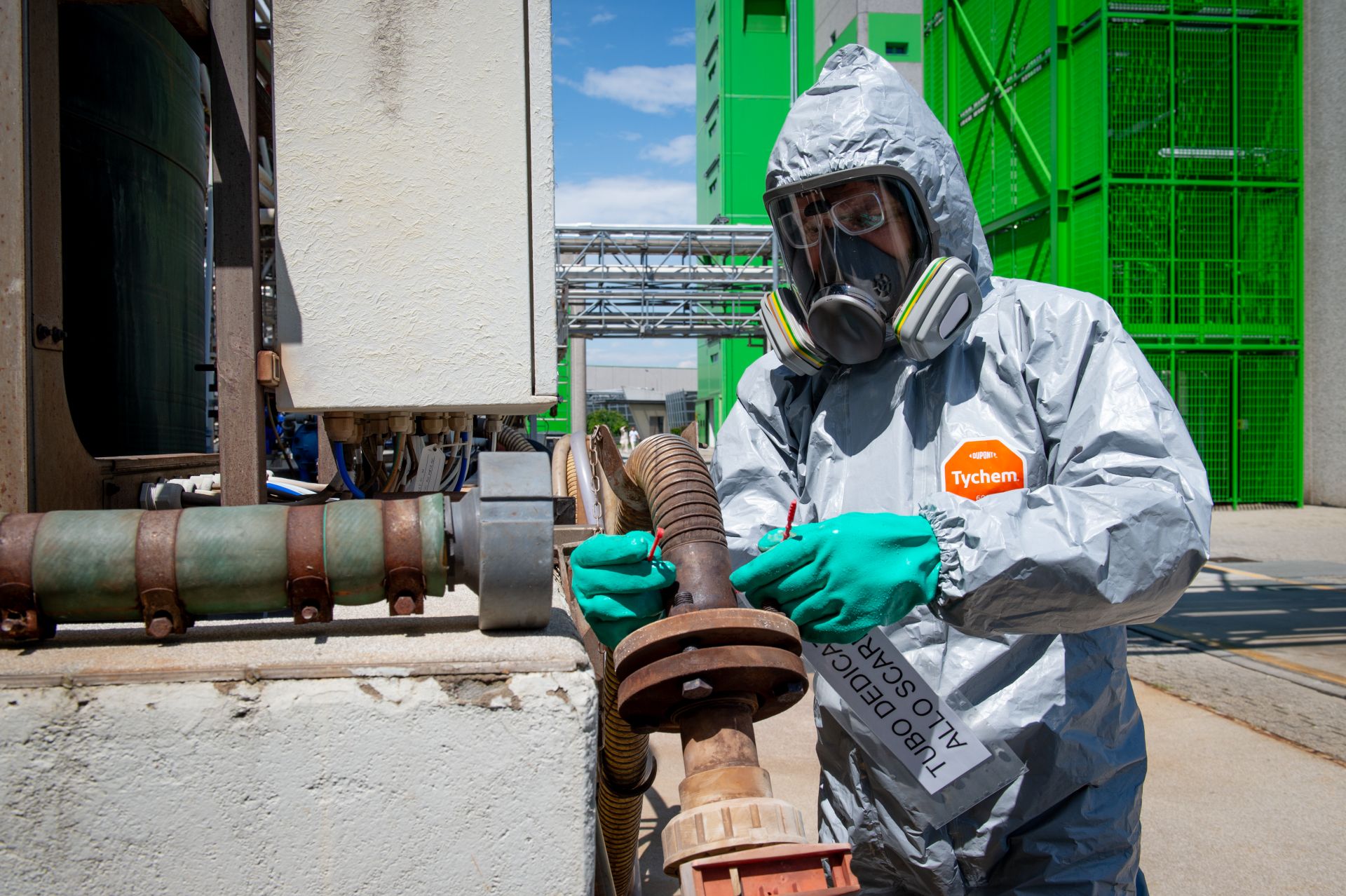
DuPont™ Tychem® 6000 F coveralls were selected to protect PROCOS maintenance workers during activities involving corrosive cleaning agents. Tychem® 6000 F is a multilayer barrier material that offers high resistance to various acids, such as organic solvents used in pharmaceutical manufacturing, and has the mechanical strength to withstand arduous physical tasks. In addition to elastic around the face, wrists, waist, and ankles, these garments have thumb loops to prevent sleeves from riding up and a self-adhesive chin flap for a tight seal with face masks. They provide Category III chemical protection and are certified to EN 14126 as a barrier to infective agents.
Enduring relationship
This is not the first time that DuPont protective garments have provided the best solution for PROCOS. Indeed, the two companies have a relationship that has been built over many years.
Antonio Sogni says: “We have tested various products from different suppliers, but we consistently return to DuPont garments due to the positive feedback from our employees regarding breathability, lightness, mechanical resistance, and overall comfort – even when worn continuously on long shifts.”
In addition to supplying garments that employees are happy to wear, DuPont has proactively supported PROCOS as its business has grown. The two companies discuss new challenges as they arise, and DuPont keeps PROCOS updated about new PPE developments that could benefit its business.
Antonio Sogni concludes: “Primarily, we chose DuPont because their product quality fully meets our needs for worker protection. Over time, they have consistently supported us throughout every phase, building a relationship of trust and actively engaging with our site management and employees. This added value differentiates DuPont from other suppliers, reinforcing their role as a trusted partner for our protective needs.”
By ensuring ongoing adequate protection against workplace hazards, PROCOS can continue producing substances that require the handling of hazardous materials while guaranteeing product quality, employee health, and workplace safety.

